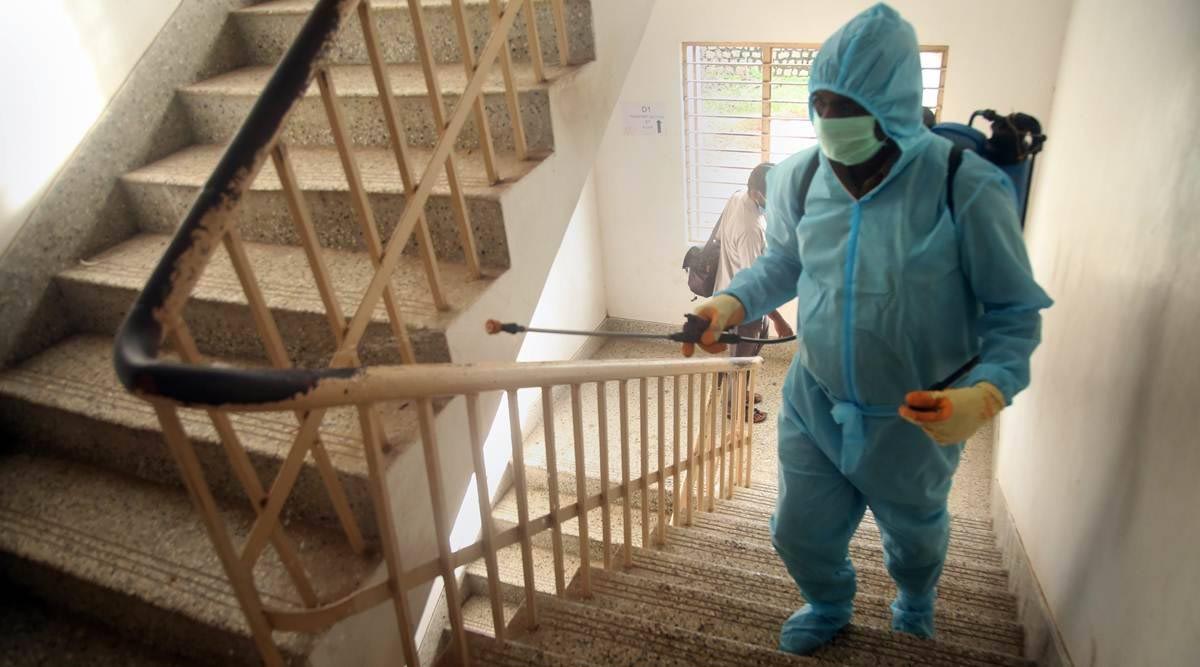Omicron: Testing at airport for arrivals from ‘at risk’ countries


Public Lokpal
November 29, 2021


Omicron: Testing at airport for arrivals from ‘at risk’ countries
New Delhi : With an eye on reports from across the world about Omicron, the new Covid “variant of concern”, the Central Government Sunday issued revised guidelines for international travellers arriving from Europe, including the UK, and 11 other “at risk” countries, mandating testing on arrival, home quarantine for seven days on a negative result, and a retest on the eighth day.
The Health Ministry directed all states to ensure that for international travellers from countries other than those labelled “at risk”, five per cent of a flight’s total number of passengers will have to undergo random-testing on arrival at airports.
The Centre has also decided to review the date of resumption of scheduled international commercial flights “as per the evolving global scenario”. On Friday, the Ministry of Civil Aviation had announced the resumption of these flights from December 15, after a 21-month gap.
The Health Ministry has laid out five steps for international travellers from countries “at risk”:
* They will have to submit a sample for a Covid test at the point of arrival, and wait for the result before leaving or taking a connecting flight.
* If they test negative, they will have to follow home quarantine for seven days. This will be followed by a retest on the eighth day of arrival. They will have to self-monitor their health for the next seven days.
* If travellers test positive, their samples will be sent for genomic testing at the INSACOG laboratory network.
* Those testing positive shall be sent to a separate isolation facility and treated as per standard protocol, including contact tracing.
* The contacts of positive cases will be kept under institutional or home quarantine and monitored strictly by the state government concerned as per protocol.
Apart from all countries in Europe, including the UK, there are 11 other nations listed as “at-risk” by the Health Ministry: South Africa, Brazil, Bangladesh, Botswana, China, Mauritius, New Zealand, Zimbabwe, Singapore, Hong Kong and Israel.
On Sunday, the WHO said in a statement that there is no conclusive evidence as of now to suggest that the newly-discovered variant was more transmissible or could cause more severe diseases compared to other variants.


